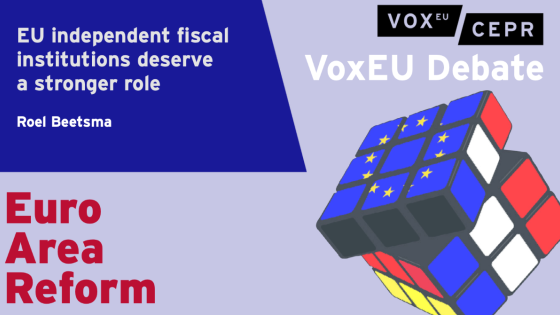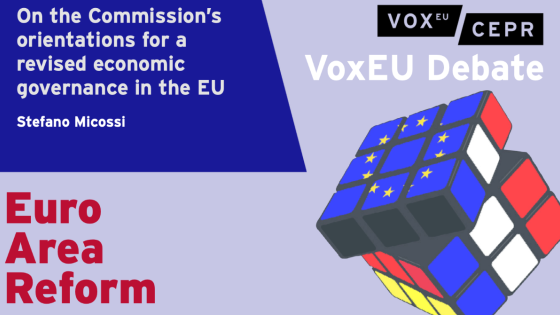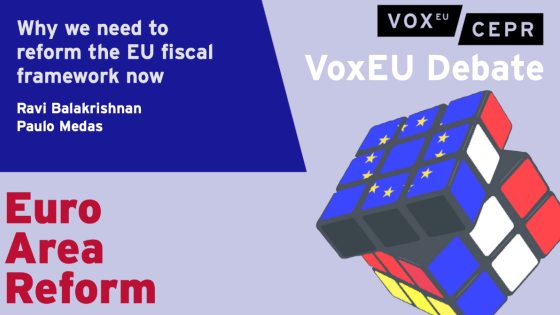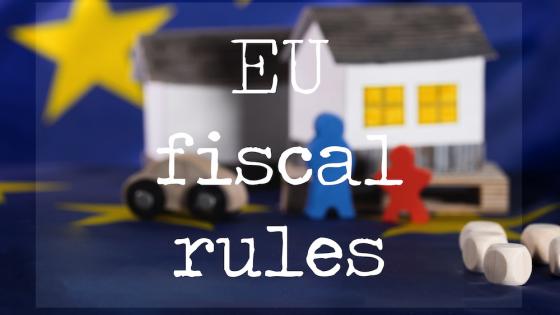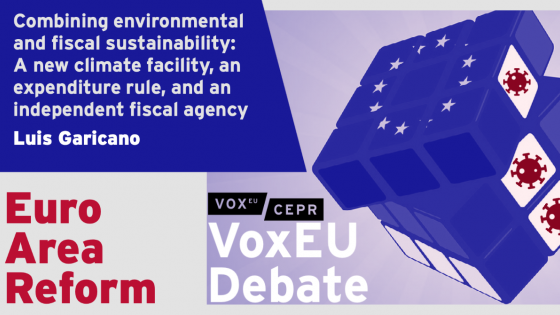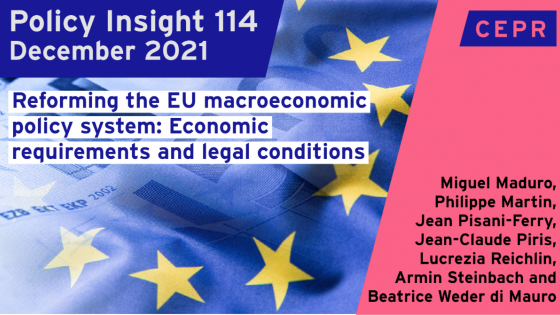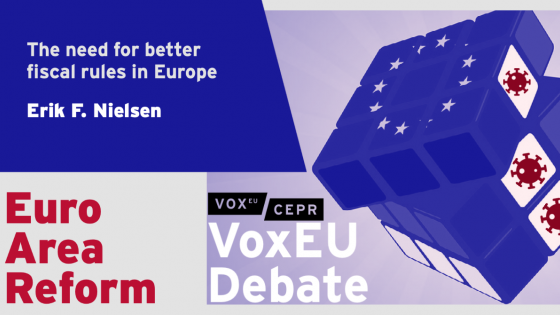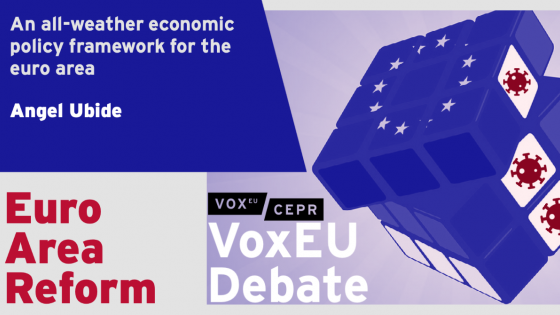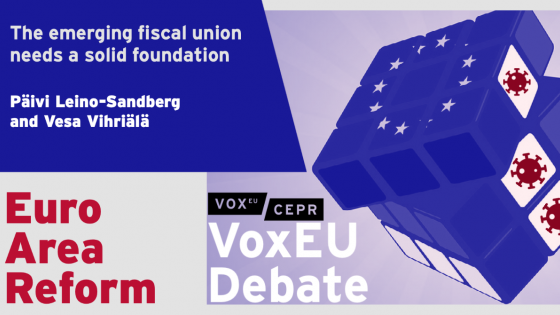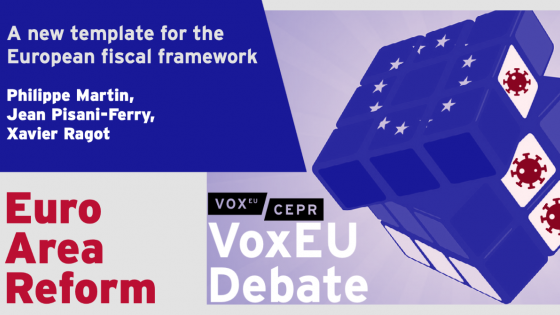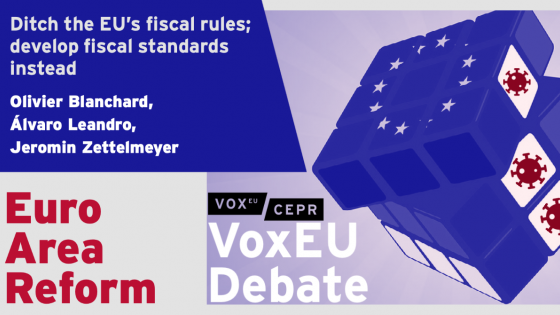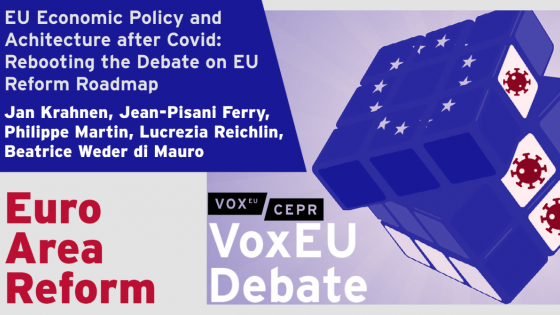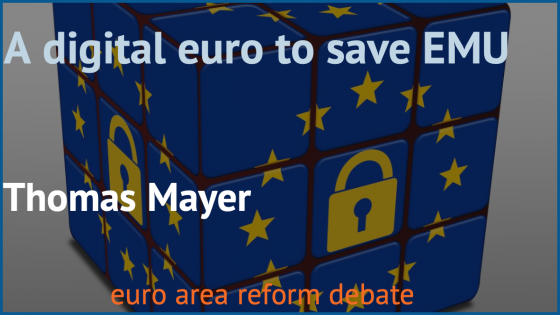

Search the site
The original VoxEU debate, created to discuss a relatively narrow question: how to strike the optimal balance between risk sharing and good incentives in reforming the architecture of the euro area, was later broadened in the wake of Covid-19.
It was retired in Autumn 2023.


At CEPR, contributing to research and policies on European integration, policy choices and reform strategies has always been key. For three decades, CEPR has promoted and published such work in its series of reports on Monitoring European Integration, Monitoring the European Central Bank and Monitoring the Eurozone (Corsetti et al. 2015, 2016).
More recently, CEPR opened this VoxEU debate to discuss a relatively narrow question: how to strike the optimal balance between risk sharing and good incentives in reforming the architecture of the euro area. We received many good contributions, initially in response to the “7+7” proposal of French and German economists that kicked off the debate (Bénassy-Quéré et al. 2018).
Part of this debate remains relevant, but in the wake of Covid-19, it needed broadening, reflecting the broad agenda covered by CEPR’s Research and Policy Network on European Economic Architecture, established in late 2018, and in particular the transformations that we have witnessed over the period of Covid and its immediate aftermath.
